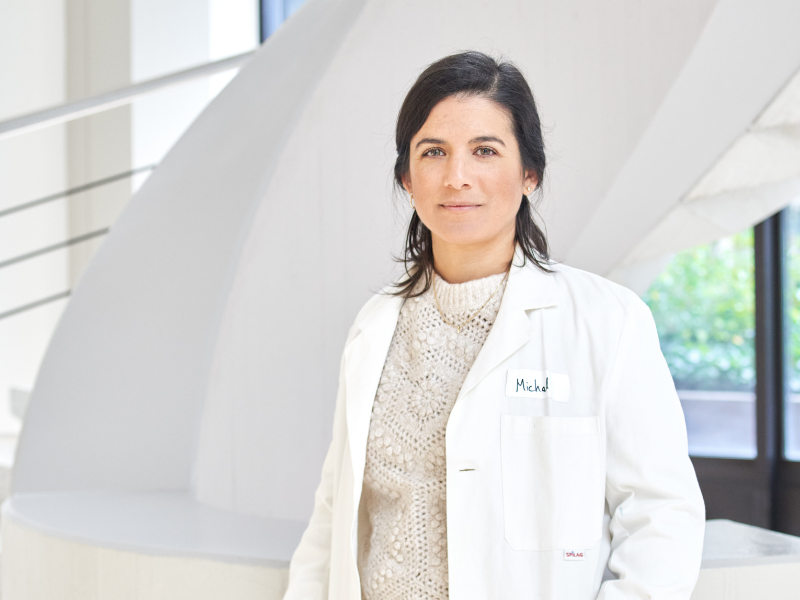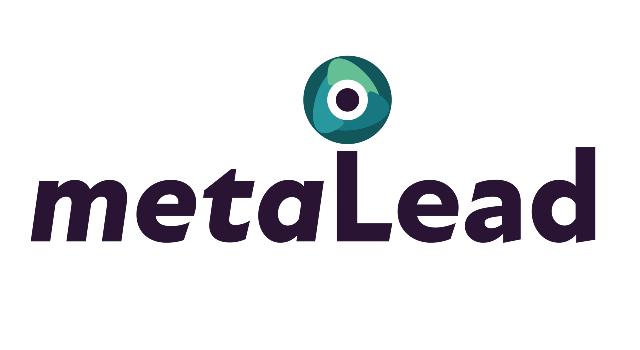Navigation auf uzh.ch
Navigation auf uzh.ch

Lead (Pb) is the most toxic metal to humans in our environment. Over the years, products containing Pb exposed humans to high amounts of this toxicant. Even though such exposure routes have become prohibited in most countries, the devastating damage due to Pb poisoning is still widely present. In the USA alone, every second person (170 million adults) is poisoned with Pb. Furthermore, 16% of the children (2.1 million aged 0-5 in the USA) have a blood Pb level (BLL) that requires intervention (above of 3.5 μg/dL). Importantly, there is no safe BLL and damages occur at even lower BLL.
Currently, there are two different drugs available to treat Pb poisoning. However, these drugs suffer from crucial disadvantages due to their low Pb binding affinity and poor metal selectivity. As a result, they are highly inefficient and only given to patients who suffer from drastic Pb exposure of at least 45 μg/dL (12 times higher than the reference value). For the remaining 90% of the diagnosed patients, there is no solution available to remove the toxic metal from their bodies.
Michal Shoshan and her team have developed novel short peptides designed to solve the drawbacks of the standards of care (SOCs) in lead poisoning. The new compounds can tightly and selectively bind Pb ions and remove them while leaving the essential metal ions in the body intact. Preclinical studies on the proof-of-concept candidate showcase its great potential to replace the SOCs. It outperformed their efficacy in recovering Pb-treated mice while being stable and without toxicity indications at the concentration tested.
As a next step, the team aims to develop drug candidates further to enhance their efficiency, stability, and safety as medications against Pb poisoning. The idea is to replace the inefficient SOCs for drastic Pb exposure first. Thereafter the plan is to develop the drug and to treat millions of patients worldwide with lower, but dangerous Pb levels that current medications cannot address. While the initial market will be the US, the team sees potential also in China and India, where Pb poisoning is abundant,
Start date: 03/2023

metaLead wins final stage of Venture Kick
metaLead wins 2nd place of the >>venture>> Startup Competition